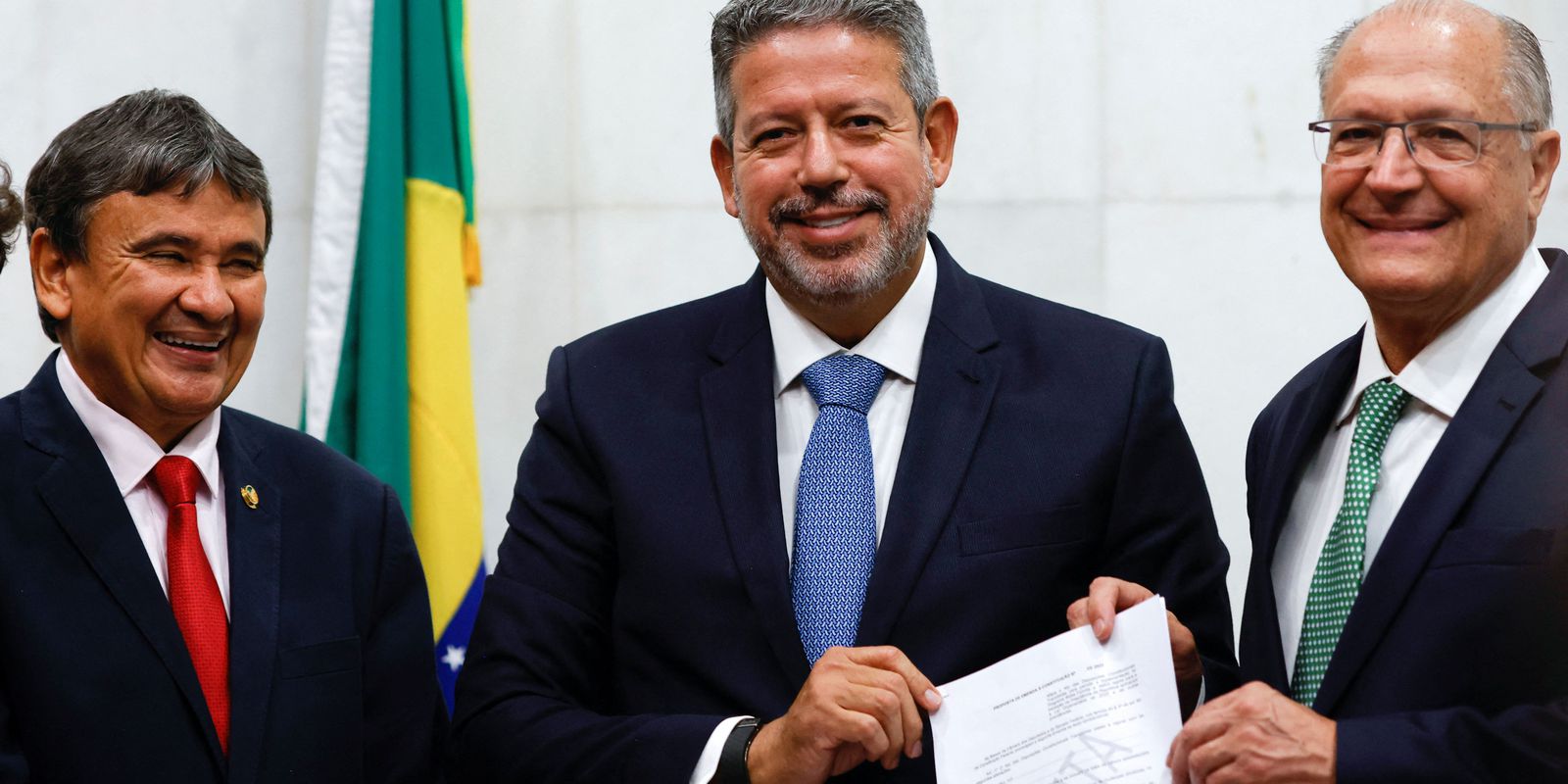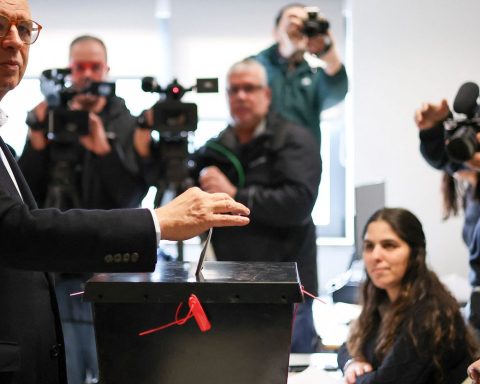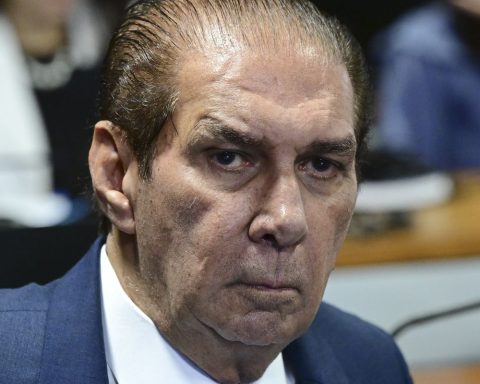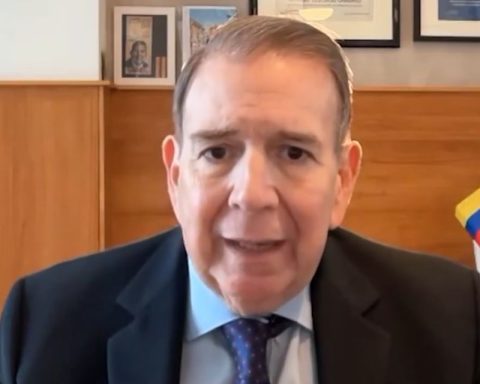The transition team of the new government presented this Wednesday (16th), to the National Congress, the proposal to exclude R$ 175 billion from the spending cap rule for next year’s budget, as a way to make it possible to maintain the value. minimum amount of BRL 600 for the Bolsa Família program, currently known as Auxílio Brasil, in addition to establishing an additional amount of BRL 150 per child under 6 years of age for each beneficiary.
The measure is one of the campaign commitments of President-elect Luiz Inácio Lula da Silva (PT). The draft of the proposed constitutional amendment (PEC) was delivered personally by the elected vice-president and general coordinator of the transition team, Geraldo Alckmin.
According to the proposal, the amount excluded from the rule that limits the growth of public expenses would be used to fully finance Bolsa Família, with the program staying outside the ceiling on a permanent basis. With that, another R$ 105 billion would be released from next year’s budget to be used in the recomposition of resources for programs such as Farmácia Popular and the real increase in the minimum wage, other promises made by the new government during the elections.
“There is, on the part of the elected government, and also the government that will leave the command of Brazil on the 31st of December, the desire to protect families, protect the poor of Brazil with an aid of R$ 600 and an increase of R$ $150 per child for each family,” said Senator Davi Alcolumbre (União-AP), president of the Constitution and Justice Commission (CCJ) of the Federal Senate.
According to senator Marcelo Castro (MDB-PI), who is the budget rapporteur in the National Congress, what the transition team presented was a proposal, which will still need to be negotiated with party leaders in order to be approved.
“The transition team brought us a proposal, a suggestion for a PEC. But I want everyone to understand that this PEC will be proposed by the Senate. Let’s take these suggestions that the transition team brought us, let’s negotiate internally with the leaders here in the Senate, until we reach an understanding, a concertation of what the ideal text would be. The ideal here is what is possible and what has the greatest probability of being approved. So, only at that moment will we start collecting signatures”, he explained . As it is a constitutional amendment, the PEC, when presented, needs to have a minimum of 27 signatures from senators to start processing in the House.
Castro informed that he himself will present the PEC formally in the Senate and the objective is to approve the measure until the end of November, so that it can then be discussed in the Chamber of Deputies. It needs to be approved by the end of this year and requires a qualified quorum of three-fifths in both the House and the Senate, with voting in two rounds.
Other changes
In addition to permanently excluding the Bolsa Família program from the spending cap rule, the draft brought by the transition team proposes using revenues obtained from excess collections for public investments, limited to around R$ 22 billion. According to the rule in effect regarding the spending ceiling, any excess revenue must be obligatorily used to reduce the public debt. Instituted in 2016, the constitutional amendment to the spending cap limits the increase in the public budget to the growth of inflation in the previous year.
“One of the items of the PEC is that we could take advantage of this excess collection, based on 6.5% of 2021, which would amount to approximately R$ 22 billion, R$ 23 billion. Even if the collection was an extraordinary R$ 100 billion, R$ 200 billion, I could not invest more than R$ 22 billion in investment”, detailed Marcelo Castro.
The third item in the PEC proposal is to exclude from the spending ceiling rule extra resources obtained through agreements and services provided by public universities, in addition to donations made by international funds. Thus, these institutions would not have these resources deducted by the spending ceiling rule.
“The transition team is suggesting that we present the PEC exceptionally from the spending ceiling these own revenues that belong to universities, from international funds that can make donations to Brazil in the socio-environmental area. I think this is a consensus that makes no sense for a university provide a service and cannot be paid for it”, explained the senator.

















